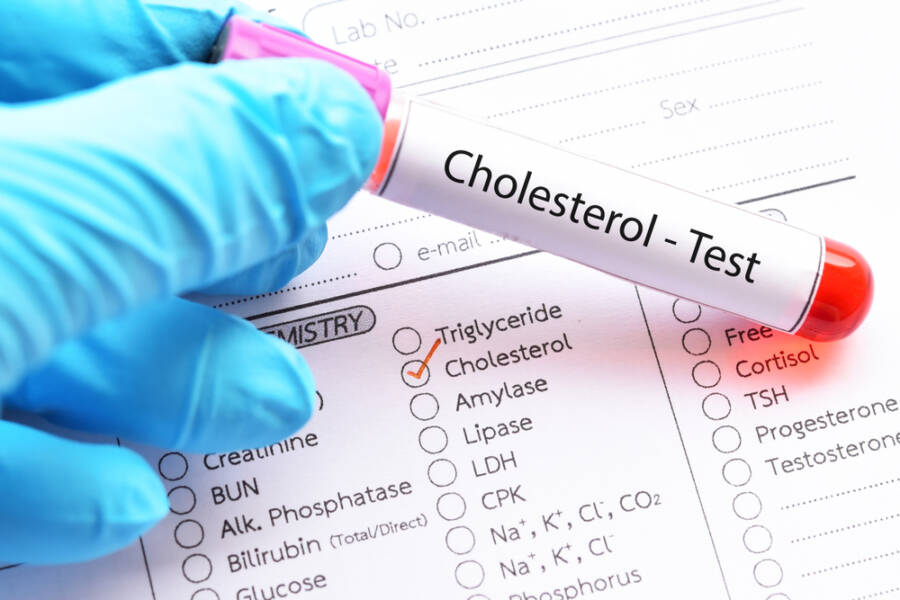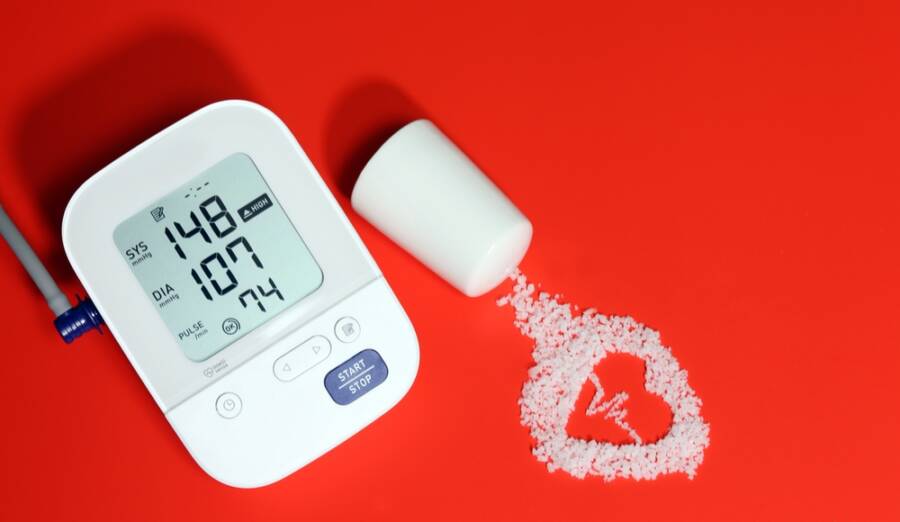Common Medications and the Nutrients They Can Affect
Knowledge is your greatest tool for vibrant health. Let’s walk through some of the most common categories of medications prescribed to adults over 60 and the key nutrients they may impact. Having this information helps you start a meaningful conversation with your doctor or pharmacist.
Statin Medications for Cholesterol (e.g., Atorvastatin, Simvastatin)
Statins are incredibly effective at lowering cholesterol and reducing the risk of heart attack and stroke. They work by blocking an enzyme in the liver that produces cholesterol. However, this same enzyme is also responsible for producing another critical substance: Coenzyme Q10 (CoQ10).
Nutrient Depleted: Coenzyme Q10 (CoQ10)
CoQ10 is a powerful antioxidant that acts as a “spark plug” for your cells, especially in organs that require a lot of energy, like your heart, liver, and kidneys. It is vital for cellular energy production. A decline in CoQ10 can lead to fatigue and, most notably, the muscle pain and weakness that some people experience while taking statins. Supporting your CoQ10 levels is crucial for maintaining energy and muscle comfort.
Metformin for Type 2 Diabetes
Metformin is a first-line medication for managing blood sugar in people with type 2 diabetes. It works wonders by improving insulin sensitivity and reducing glucose production in the liver. However, its long-term use is well-documented to interfere with the absorption of a crucial vitamin in the small intestine.
Nutrient Depleted: Vitamin B12
Vitamin B12 is essential for healthy nerve function, the formation of red blood cells, and DNA synthesis. A deficiency can lead to significant fatigue, weakness, constipation, and more serious neurological issues like numbness or tingling in the hands and feet, balance problems, and even confusion or memory loss. Because these symptoms can be mistaken for other conditions, it’s a vital nutrient to monitor if you take Metformin.
Antacids and Proton Pump Inhibitors (PPIs) for Heartburn/GERD (e.g., Omeprazole, Esomeprazole)
These medications bring immense relief to those suffering from acid reflux and GERD by drastically reducing the amount of acid your stomach produces. While this protects your esophagus, stomach acid plays a key role in nutrition: it’s necessary to break down food and release certain vitamins and minerals for absorption.
Nutrients Depleted: Vitamin B12, Magnesium, Calcium, and Iron
Without sufficient stomach acid, your body struggles to absorb Vitamin B12. It also has a harder time absorbing minerals like magnesium (vital for muscle function and heart rhythm), calcium (critical for bone health), and iron (essential for carrying oxygen in the blood). Long-term use of these drugs can increase the risk of bone fractures and anemia if these nutrient levels are not properly managed.
Diuretics for High Blood Pressure (e.g., Hydrochlorothiazide, Furosemide)
Also known as “water pills,” diuretics help lower blood pressure by encouraging your kidneys to flush excess sodium and water from your body. In the process of pushing out sodium and water, they can also flush out other important minerals that dissolve in water.
Nutrients Depleted: Potassium, Magnesium, and Zinc
Potassium is crucial for maintaining a steady heartbeat and proper muscle function. Magnesium is involved in over 300 biochemical reactions in the body, including nerve function and blood pressure regulation. Zinc is a powerhouse for immune function and wound healing. Depletion of these can lead to muscle cramps, fatigue, irregular heartbeats, and a weakened immune response.
Corticosteroids (e.g., Prednisone)
These powerful anti-inflammatory drugs are used to treat a wide range of conditions, from arthritis and asthma to autoimmune diseases. They work by suppressing the immune system and reducing inflammation, but they can also have a significant impact on your body’s mineral balance, particularly with long-term use.
Nutrients Depleted: Calcium and Vitamin D
Corticosteroids can decrease the body’s ability to absorb calcium from the gut and increase the amount of calcium lost through the urine. They also interfere with the body’s metabolism of Vitamin D, the very vitamin needed to absorb calcium. This one-two punch can significantly weaken bones over time, increasing the risk of osteoporosis and fractures. They can also deplete potassium and zinc.




















